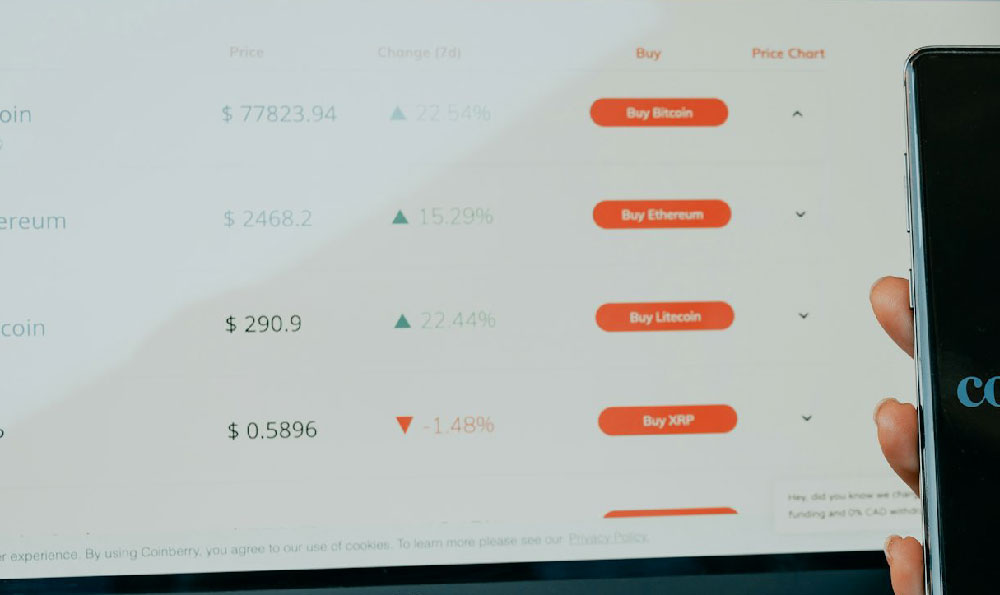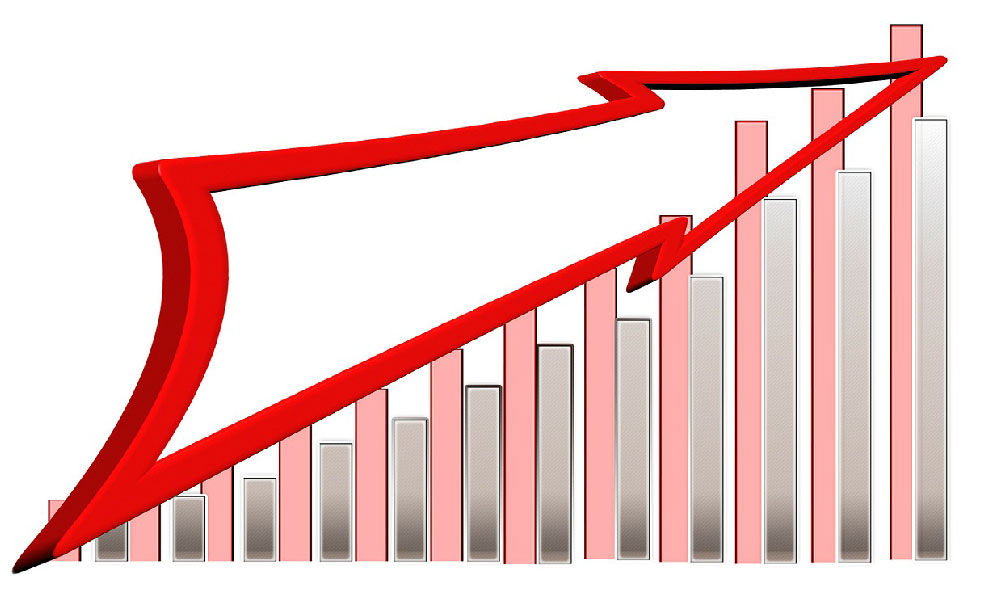Okay, I'm ready. Here's an article about profiting from recycling, avoiding a bullet-point format and focusing on in-depth exploration:
How to Transform Trash into Treasure: Unveiling Lucrative Recycling Strategies
The concept of recycling has evolved from a simple act of environmental responsibility to a potential avenue for financial gain. Driven by growing environmental awareness, resource scarcity, and innovative technologies, the recycling industry presents diverse opportunities for individuals and businesses to generate income while contributing to a more sustainable future. While the precise methods and profitability may vary depending on location, market demand, and initial investment, understanding the core principles and exploring the available options is the first step toward turning waste into wealth.

One fundamental approach to profiting from recycling lies in understanding the value chain of recyclable materials. This chain typically involves collection, sorting, processing, and ultimately, the sale of recycled materials to manufacturers who can use them as raw materials for new products. Identifying bottlenecks or inefficiencies within this chain can reveal potential business opportunities. For instance, in areas with limited recycling infrastructure, establishing a collection service or a small-scale sorting facility can fill a critical gap and generate revenue.
Consider the potential of specializing in specific materials. While general recycling is beneficial, certain materials command higher prices and offer more lucrative opportunities. Metals, particularly aluminum, copper, and precious metals found in electronic waste, are highly sought after due to their intrinsic value and ease of recyclability. Establishing a business focused on collecting and processing scrap metal can be a profitable venture, especially in industrial areas or regions with significant construction activity. However, it's essential to be aware of regulations and licensing requirements for handling and processing scrap metal.
Electronic waste, or e-waste, presents another promising area for profitable recycling. The rapid advancement of technology leads to a constant stream of discarded electronics, many of which contain valuable materials such as gold, silver, and platinum. Extracting these precious metals requires specialized equipment and expertise, making e-waste recycling a more complex but potentially highly rewarding endeavor. Compliance with environmental regulations regarding hazardous waste disposal is paramount in this sector. Furthermore, partnering with electronics manufacturers or retailers to establish e-waste collection programs can provide a consistent supply of materials.
Beyond metals and electronics, other recyclable materials offer opportunities for profit. Plastic recycling, while facing challenges due to the diverse types of plastics and the complexities of sorting and processing, can still be profitable, particularly for high-demand plastics like PET (used in bottles) and HDPE (used in containers). Similarly, paper and cardboard recycling remains a viable option, especially for businesses that generate large volumes of paper waste.
However, simply collecting and sorting recyclables is only part of the equation. The value of recycled materials is significantly influenced by their quality and purity. Contamination from non-recyclable materials can drastically reduce the price a recycler can command. Therefore, investing in proper sorting equipment and implementing rigorous quality control measures is crucial for maximizing profitability. This may involve employing trained staff, utilizing automated sorting technologies, and educating the public about proper recycling practices.
Another avenue for profiting from recycling is through upcycling. Unlike traditional recycling, which involves breaking down materials into their basic components, upcycling transforms waste materials into new products with higher value. This can involve creative repurposing of discarded items, such as turning old tires into furniture, plastic bottles into art, or wood pallets into garden planters. Upcycling offers a unique opportunity to combine environmental sustainability with artistic expression and entrepreneurship. Selling upcycled products at craft fairs, online marketplaces, or through local retailers can generate a significant income stream.
Furthermore, exploring government incentives and grants can provide additional financial support for recycling ventures. Many governments offer tax breaks, subsidies, or grants to encourage recycling and reduce waste. Researching and applying for these programs can significantly reduce the initial investment required to start a recycling business.
Successfully profiting from recycling also requires a strong understanding of market dynamics. The demand for recycled materials fluctuates based on economic conditions, commodity prices, and the availability of virgin materials. Staying informed about market trends and adapting to changing conditions is essential for maintaining profitability. Establishing relationships with manufacturers and recyclers can provide valuable insights into market demand and ensure a steady stream of customers for recycled materials.
Moreover, adopting innovative technologies can enhance the efficiency and profitability of recycling operations. For example, advanced sorting technologies, such as optical sorting and robotic sorting, can improve the speed and accuracy of sorting materials, reducing labor costs and increasing the quality of recycled materials. Similarly, innovative recycling technologies, such as chemical recycling, can break down complex plastics into their basic building blocks, enabling the creation of new plastics from recycled materials.
It is important to note that the specifics of what’s legal and ethical will differ from country to country and even state to state. Always make sure you are familiar with the rules in your locale.
In conclusion, profiting from recycling is not simply about collecting trash; it's about understanding the value chain, specializing in high-demand materials, investing in quality control, exploring upcycling opportunities, leveraging government incentives, and adapting to market dynamics. By combining environmental responsibility with entrepreneurial spirit, individuals and businesses can transform waste into wealth and contribute to a more sustainable future. It requires research, planning, and a commitment to quality, but the potential rewards, both financial and environmental, are significant.











